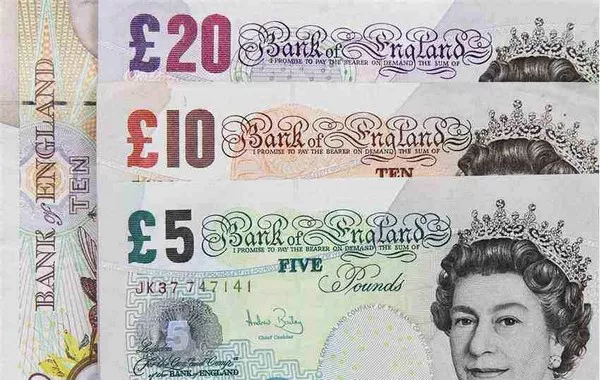The British Pound Sterling (GBP) holds a venerable position in the annals of global economics, symbolizing stability and strength for centuries. However, like any currency, it has faced its share of trials and tribulations, including significant collapses that have reverberated through the international financial system. In this article, we delve into the historical context of the British Pound collapse, exploring the events, causes, and consequences that have shaped its tumultuous journey.
Introduction to the British Pound
The British Pound Sterling, often simply referred to as the Pound, is one of the oldest currencies still in use today. Its origins trace back to Anglo-Saxon England, and it has since evolved into a symbol of British economic prowess and stability. As a fiat currency, its value is not backed by a physical commodity but rather by the faith and confidence of its users, both domestically and internationally.
Definition of ‘Collapse’ in Economic Context
In economic terms, a currency collapse refers to a rapid and significant devaluation or loss of confidence in a nation’s currency. This can occur due to various factors such as hyperinflation, economic instability, or speculative attacks on the currency.
Historical Context
The history of the British Pound is punctuated by moments of both strength and vulnerability. One of the most notorious episodes in its history occurred on September 16, 1992, a day famously known as Black Wednesday. On this fateful day, the Pound was forced out of the European Exchange Rate Mechanism (ERM) after sustained pressure from currency speculators, led by George Soros among others.
Timeline of Pound Depreciation
The collapse of the Pound on Black Wednesday was not an isolated event but rather the culmination of a series of economic challenges facing Britain at the time. Throughout the 1980s and early 1990s, the Pound came under increasing pressure due to inflationary pressures, high interest rates, and structural weaknesses in the economy.
Causes of Pound Depreciation
Several factors contributed to the collapse of the Pound in 1992. These included Britain’s decision to join the ERM at an overvalued exchange rate, which left the Pound vulnerable to speculative attacks. Additionally, the government’s efforts to defend the currency through high interest rates proved unsustainable, exacerbating the economic downturn.
Impact on the Economy
The collapse of the Pound had far-reaching consequences for the British economy. In the immediate aftermath of Black Wednesday, interest rates soared, inflation spiked, and the government was forced to implement austerity measures to stabilize the economy. The episode also undermined Britain’s credibility in the global financial markets and raised questions about the country’s ability to manage its own currency.
Government Response
In response to the currency crisis, the British government was forced to withdraw from the ERM and allow the Pound to float freely on the foreign exchange markets. This decision ultimately proved to be a turning point for the economy, as it allowed for greater flexibility in monetary policy and paved the way for long-term economic stability.
Lessons Learned
The collapse of the Pound in 1992 served as a stark reminder of the dangers of fixed exchange rate systems and the importance of maintaining economic flexibility. It also highlighted the need for effective monetary policy and robust regulatory frameworks to safeguard against speculative attacks and currency crises.
Current Status of the Pound
Since Black Wednesday, the British Pound has recovered its stability to some extent, although it remains susceptible to fluctuations in the global economy and geopolitical events. In recent years, uncertainty surrounding Brexit and the COVID-19 pandemic has added further volatility to the currency markets, underscoring the ongoing challenges facing the Pound.
In conclusion
The collapse of the British Pound on Black Wednesday was a watershed moment in the history of the currency, with far-reaching implications for the British economy and the global financial system. By understanding the events, causes, and consequences of this episode, we can gain valuable insights into the dynamics of currency markets and the importance of sound economic management in maintaining stability and prosperity.


